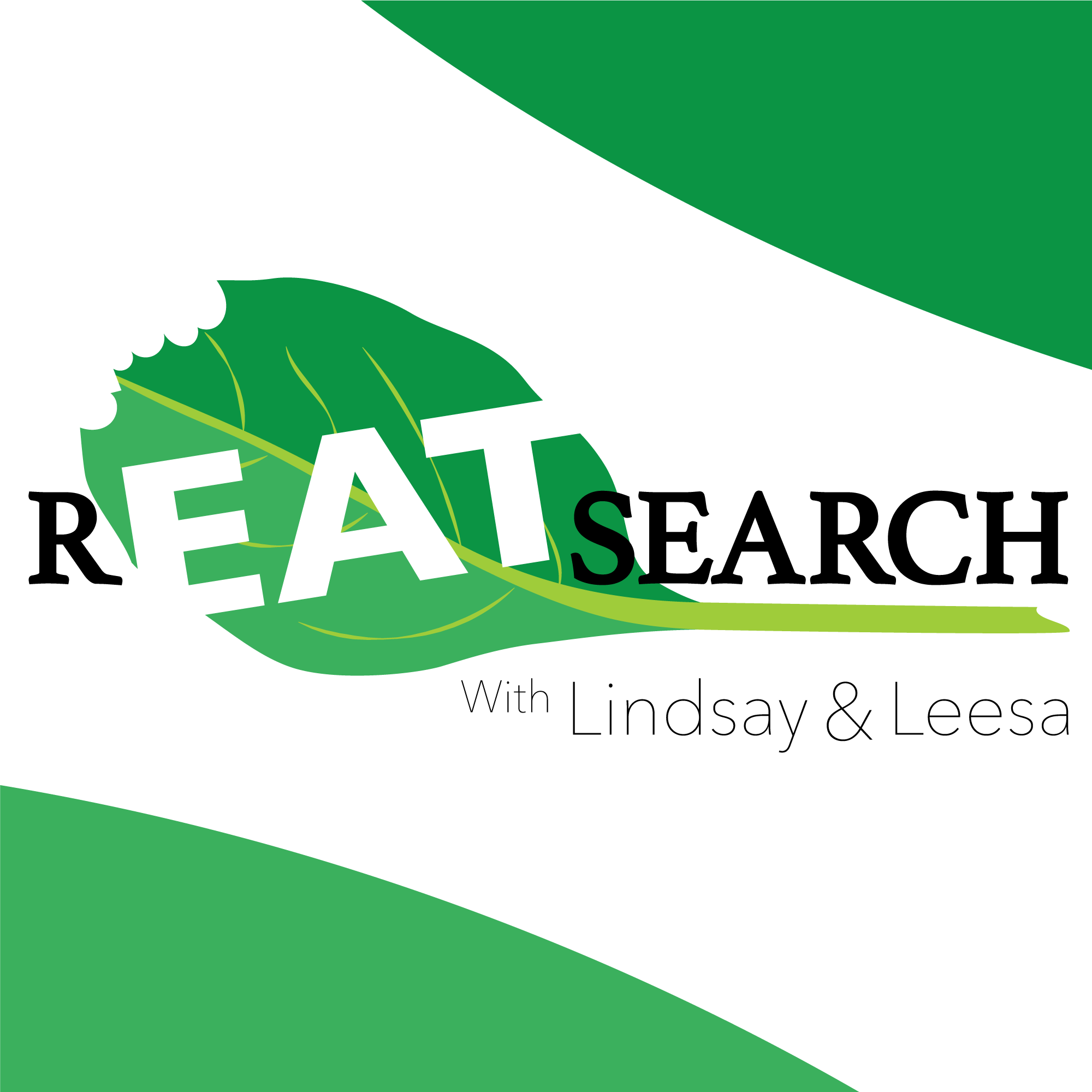Scary statistics (and how not to get duped)
October 28, 2020

Statistics don't have to be scary, in fact you don't even have to do any math to understand the basics! This Episode is a great follow up to Episode 1, where we took a look at misinformation and how to keep false news from spreading. This time, we let two books lead us through how to tell lies from the truth - Calling Bullshit, The Art of Skepticism in a Data-Driven World by Carl T. Bergstrom and Jevin D. West, as well as the book A Field Guide to Lies by Daniel J. Levitin. Join us as we learn how to spot the Bullshit and think for ourselves.
Warning: Episode contains adult language.
Statistics don't have to be scary, in fact you don't even have to do any math to understand the basics! This Episode is a great follow up to Episode 1, where we took a look at misinformation and how to keep false news from spreading. This time, we let two books lead us through how to tell lies from the truth - Calling Bullshit, The Art of Skepticism in a Data-Driven World by Carl T. Bergstrom and Jevin D. West, as well as the book A Field Guide to Lies by Daniel J. Levitin. Join us as we learn how to spot the Bullshit and think for ourselves.
Calling Bullshit
The Art of Skepticism in a Data-Driven World
by Carl T. Bergstrom and Jevin D. West
A Field Guide to Lies
Critical Thinking with Statistics and the Scientific Method
by Daniel J. Levitin
Spurious Correlations: correlating random data patterns that make no sense and aren't real correlations.
https://www.tylervigen.com/spurious-correlations
Retraction Watch
http://retractiondatabase.org/RetractionSearch.aspx?
Open Access Resources
Pubmed - the best source, some articles are free... https://pubmed.ncbi.nlm.nih.gov/
Calling Bullshit
The Art of Skepticism in a Data-Driven World
by Carl T. Bergstrom and Jevin D. West
A Field Guide to Lies
Critical Thinking with Statistics and the Scientific Method
by Daniel J. Levitin
Spurious Correlations: correlating random data patterns that make no sense and aren't real correlations.
https://www.tylervigen.com/spurious-correlations
Retraction Watch
http://retractiondatabase.org/RetractionSearch.aspx?
Open Access Resources
Pubmed - the best source, some articles are free... https://pubmed.ncbi.nlm.nih.gov/
Cochrane Database - review articles, some are free...https://www.cochranelibrary.com/
Google Scholar - may not be peer reviewed or final draft...https://scholar.google.com/
Science Direct - may not all be peer reviewed, but a good source...https://www.sciencedirect.com/
PLOS one - peer reviewed articles...https://journals.plos.org/plosone/
Unpaywall.org - another one to try, and they have a quick tab you can add onto chrome...https://unpaywall.org/